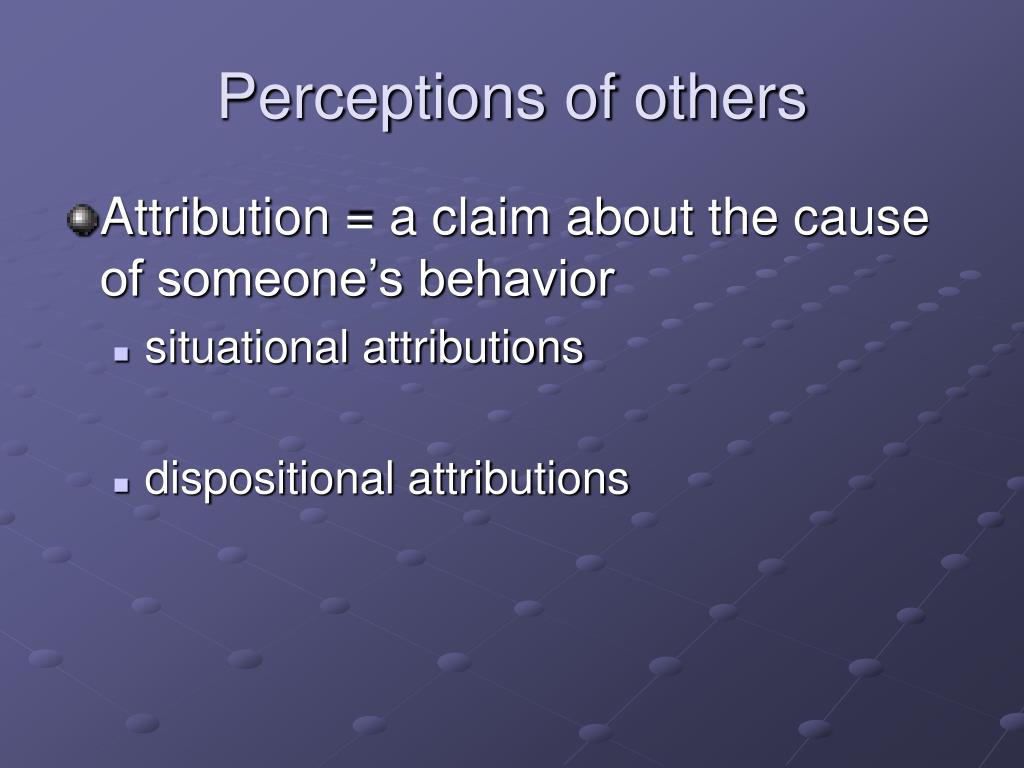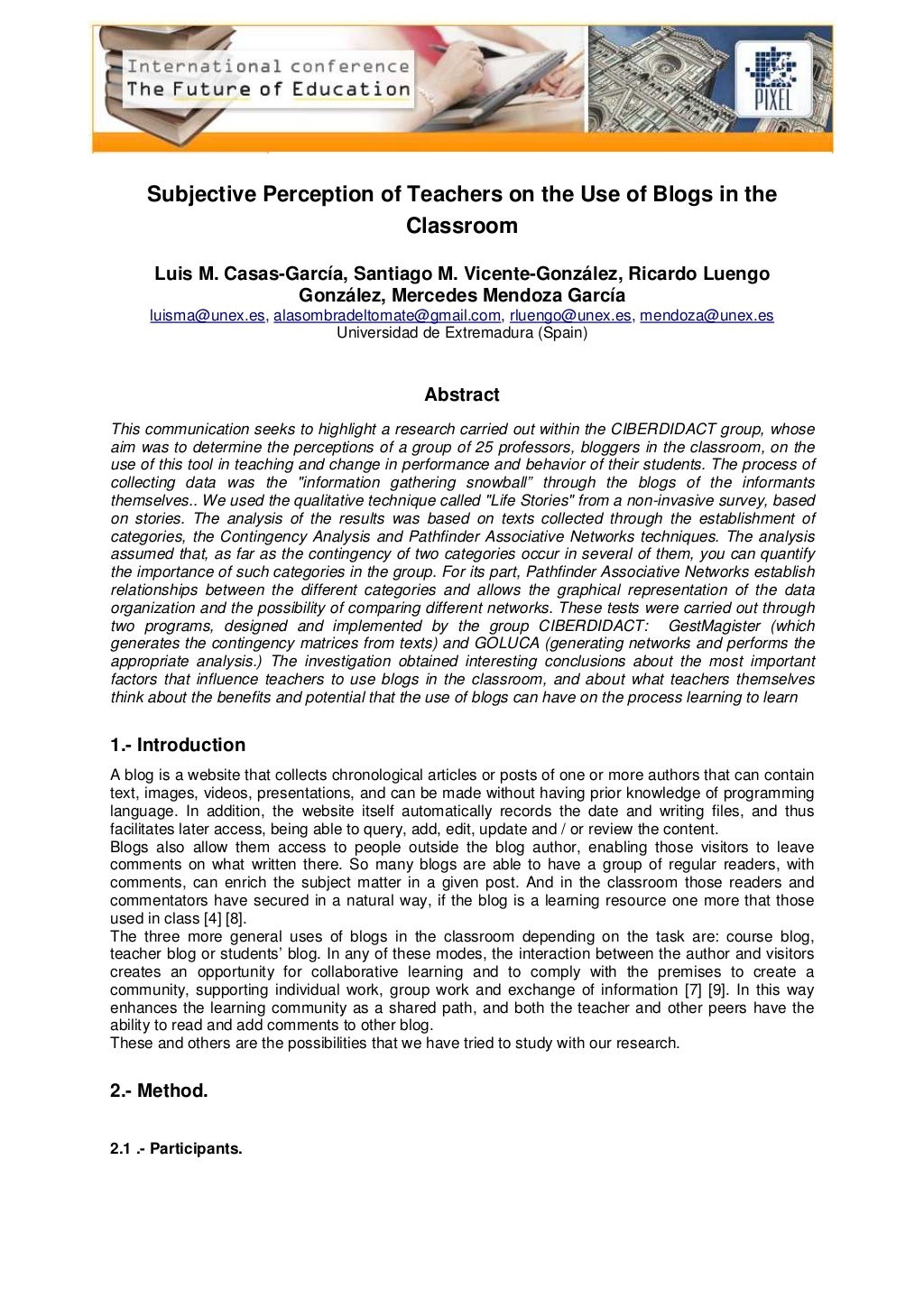

On "All truths are subjective": While I think it is true that no person can assert that something is true without being in some mental state and thus in some state of subjectivity (e.g.

The world or reality includes subjects who have subjective states. So, paradoxically, I think that if we do want to claim that there are subjective states that they really exist then we are in effect committed to holding that the existence of subjective states is an objective fact about the world. When we do know things based on such states or processes (for example, I know I am awake and writing to you), is my knowledge itself something we would call subjective? I suggest we would want to say that it is objectively true or the case that I am writing to you, and not subjective in the sense that it is only true from my point of view or because I think it is true. We might also add reason, memory, emotions and passion, interests, drives, and so on. Some salience in communication or recognized importance is a necessary condition to define a social object: people speak about what matters to them (Flament &. This component lies at the heart of the social constructionist view of social problems (Rubington & Weinberg, 2010). On subjectivity: I share the view that persons do indeed have feelings, perspectives, opinions, senses, and perception. This type of dispute points to the subjective component of the definition of social problems: There must be a perception that a condition or behavior needs to be addressed for it to be considered a social problem. Subjective Universe: Interweaving Matter and Mind through Cyclical Time.I suppose the worry your thesis and argument raises has to do with the meaning of "subjective" and the move that a given person's beliefs are based on the senses to the conclusion that "All truths are subjective." The Principles of Existence & Beyond: Revelation of Enigma of the Existence. It involves both recognizing environmental stimuli and actions in response to these stimuli. Advertisement What is your definition of perception Perception is the sensory experience of the world. In other words, it is the meaning we give to sensory input, based on current context, past (learned) experiences, current emotional state etc. Subjective perception is attaching your own unique meaning to stimuli you sense, based on your own attitude and focus. The idea of the subjectivity of one's "reality" also hints at an aspect of moral relativism, that each person's opinions are the only things they can hold themselves to. Perception can be considered as processed sensation. Until someone has had an experience of something the object or concept within itself is not "real." Someone in Africa is aware of the existence of fire and sees it but for an Inuit who has never seen fire before the fire does not exist in the same way. The only thing to which one can hold oneself is something one has experienced or perceived. Subjective character of experience implies that the perception of all things, concepts, and "truths" in the universe differs between individuals: we all live in different worlds, each of which may have things in common, because of our unique perspectives on our worlds. It can be defined as our recognition and interpretation of sensory information. ( May 2014) ( Learn how and when to remove this template message) Perception is a subjective, active, and creative process through which we assign meaning to sensory information to understand ourselves and others. Statements consisting only of original research should be removed. Please improve it by verifying the claims made and adding inline citations. This section possibly contains original research.


 0 kommentar(er)
0 kommentar(er)
